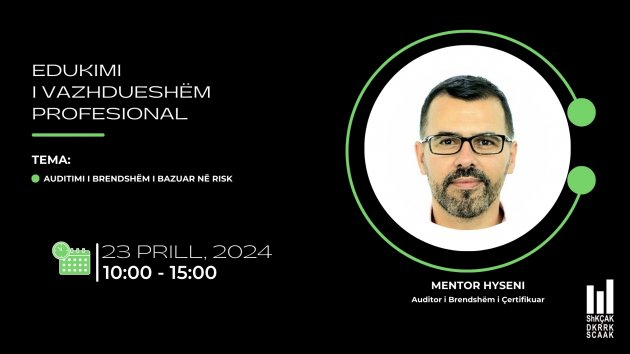The Right People
2020-03-11 - 09:52
High-quality audits depend on individuals, acting in the public interest, with the experience, integrity, independence, professional judgement, and skills commensurate with a high-quality audit. There is no more important factor. It is therefore vital that audits be conducted in an environment that attracts, develops, and retains the best talent while adhering to the highest ethical standards.
- The increasing complexity of businesses and accelerating reliance on technology are driving the need for firms that perform audits to hire more specialized professionals. IFAC believes the multidisciplinary business model—which allows for specialists with diverse skills (e.g., risk advisory, information technology, tax, etc.) to operate within one firm—best attracts, develops and retains these professionals. Initiatives to limit multidisciplinary firms (e.g., “audit-only” firms) would reduce the ability to hire and retain this talent pool, resulting in a significant negative impact on audit quality.
- As audit evolves, so must the educational and learning / development requirements of professional accountants. IFAC encourages Professional Accountancy Organizations (PAOs) to continue to coordinate and facilitate a dialogue between educators and employers (both firms and business) so that the skills and competencies learned by professional accountants best match the skills required for audit and assurance services of the future. We also encourage PAOs to ensure professional accountants have access to relevant, high-quality continuing education and certification programs, specifically including ones for the provision of audit and assurance services to the most complex global companies. It is vital that education take full account of the growing need for technological competence, forensic accounting, and fraud awareness.
- The audit profession is based on fundamental ethical principles—supported by the International Code of Ethics for Professional Accountants, including International Independence Standards (the IESBA Code)—that must be central to the “DNA” of every audit firm.
- IFAC believes that high-quality audits require experienced and professionally-trained auditors who can apply professional judgement and professional skepticism. Auditors must approach engagements with a questioning mind, being alert to conditions which may indicate possible misstatement due to error or fraud.
- Diversity within the profession serves the public interest and drives diversity of perspective and experience, which promote high audit quality. IFAC encourages firms to reflect diversity in their hiring practices and PAOs to promote diversity policies in the profession. Importantly, audit firms and audit stakeholders also benefit from bringing a diversity of professional backgrounds to bear in audit and assurance engagements.
- IFAC believes that there is a meaningful link between the profession’s ability to hire and retain the right people on the one hand and the regulatory approach and public discourse on the other. An inappropriate regulatory approach can create a regime of undue personal risk and be a disincentive for the best and brightest to commit to being auditors.



